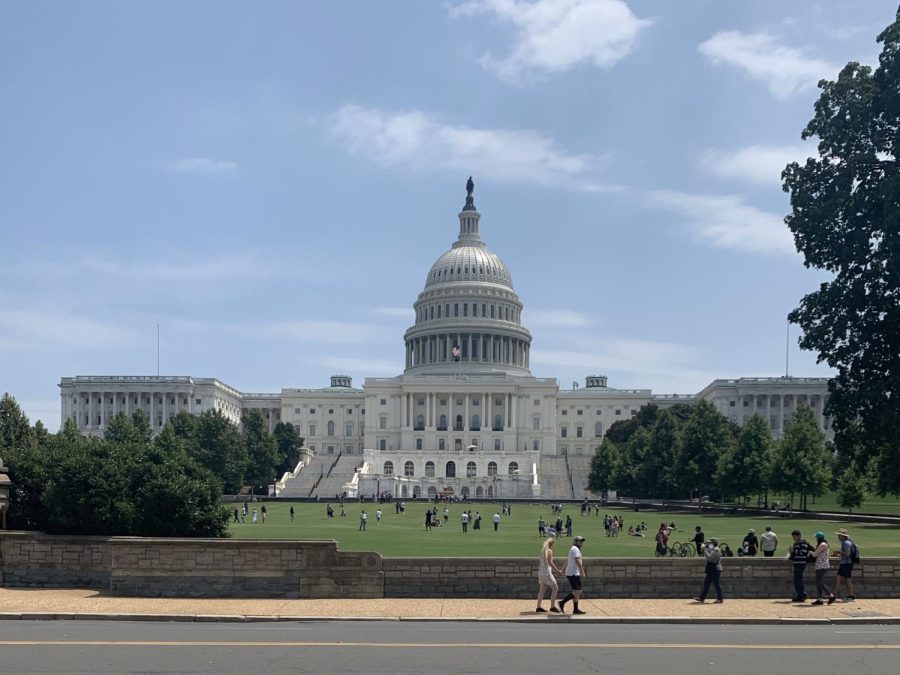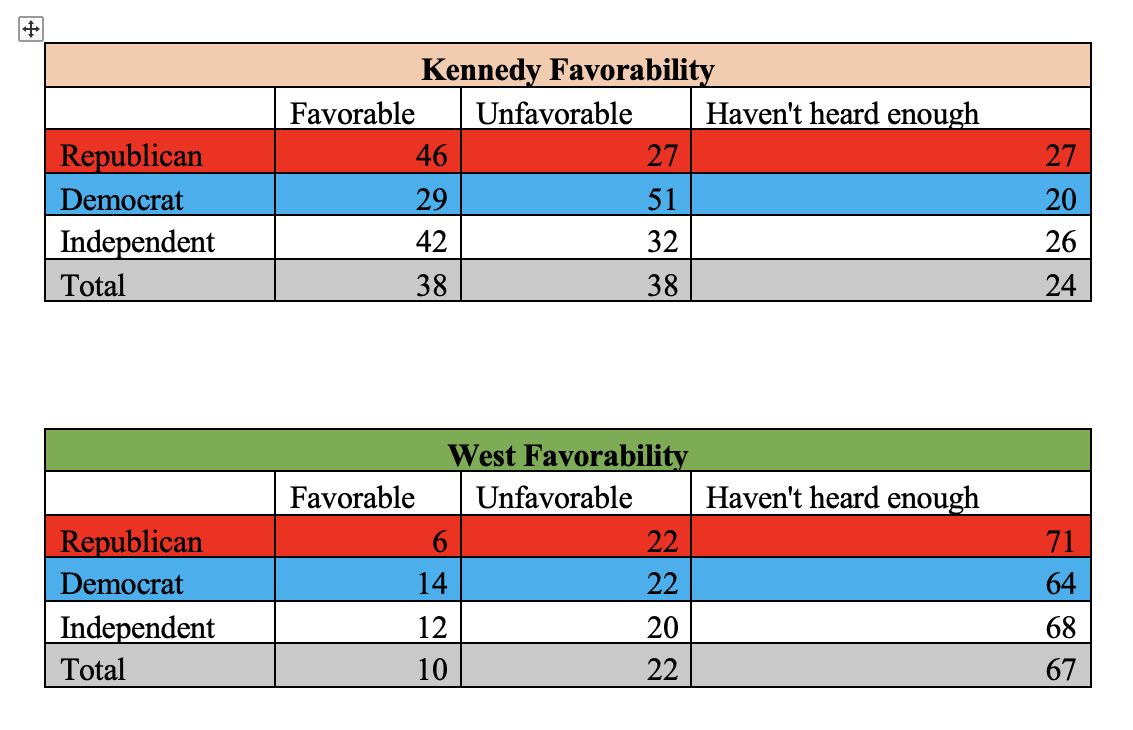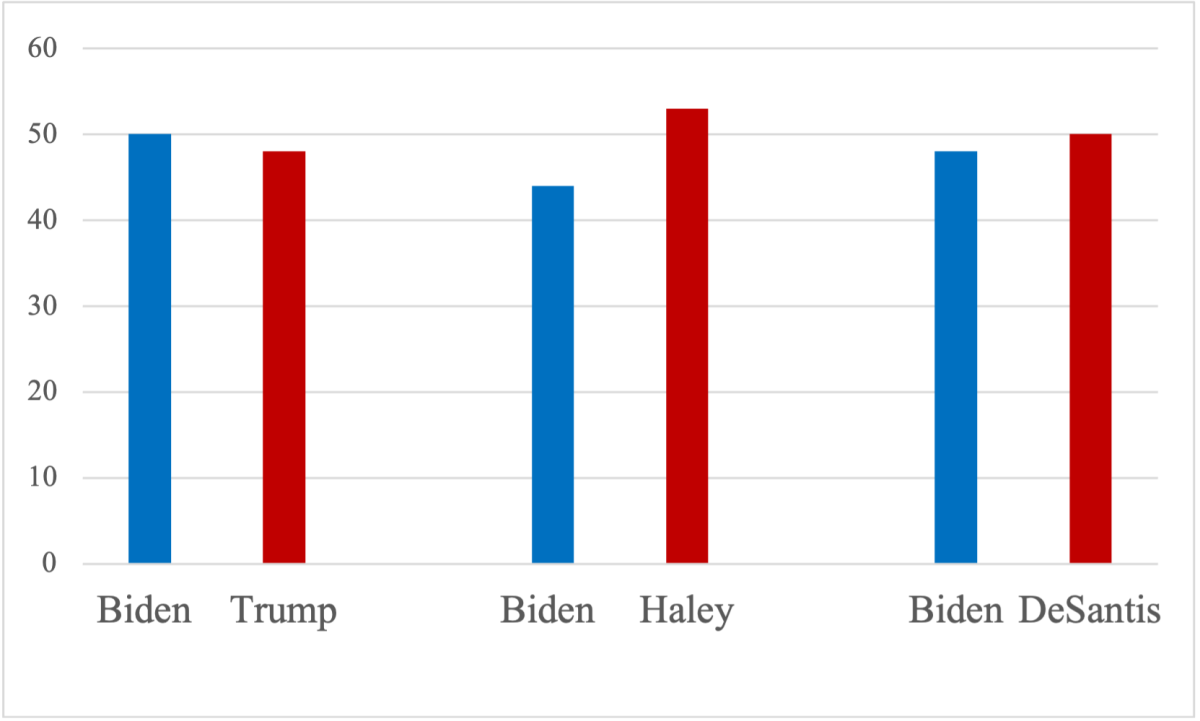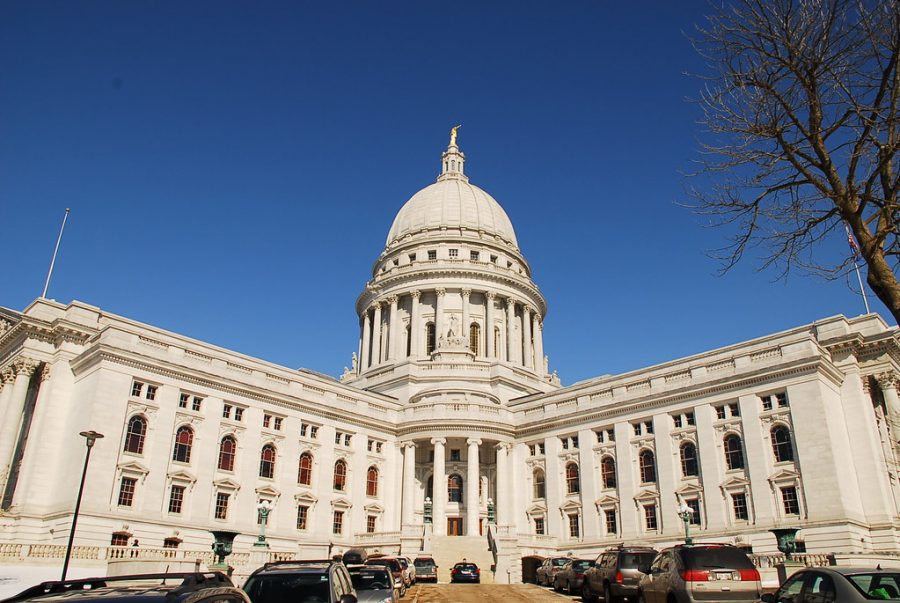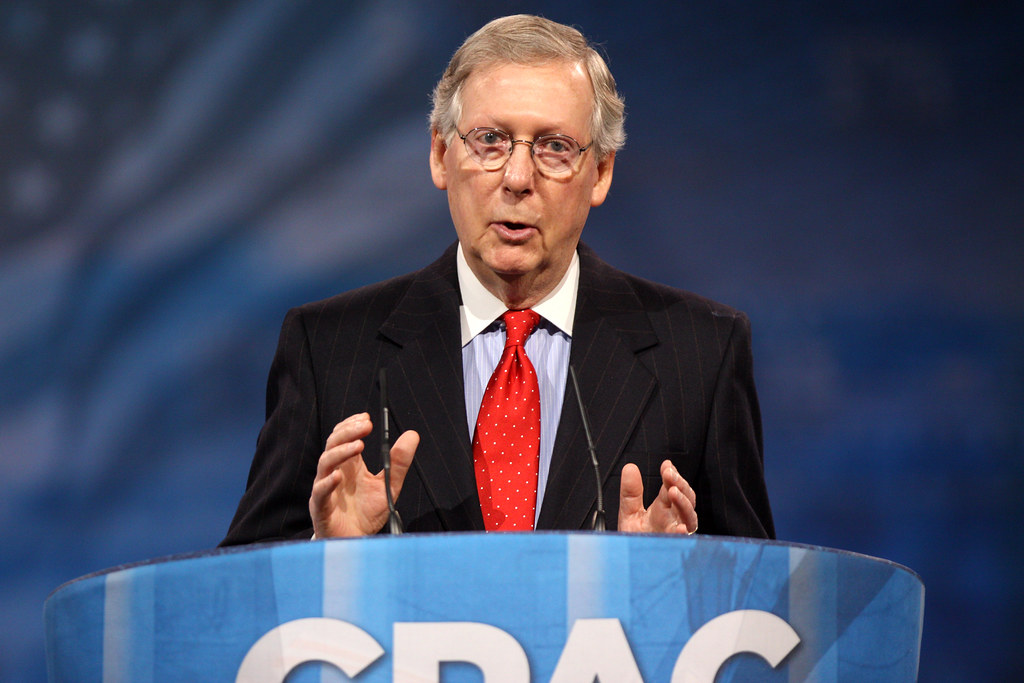Last week President Joe Biden addressed a joint session of Congress in the annual State of the Union Address. The annual address highlighted legislation and policy enacted over the past two years and proposals for the two years following.
One element Biden emphasized was that he is working to build an economy where no one is left behind and that he has a blue-collar blueprint for rebuilding America. He highlighted that the unemployment rate has fallen to 3.4% and jobs are rising.
“Presidents have always been pro-American labor, but to really talk about this America first economic agenda is a little bit new,” Julia Azari, a professor in the department of political science, said.
Caroline Wedeward, a junior in the College of Education and secretary for the Marquette College Republicans, said regardless of the new jobs being created and low unemployment, fewer people still participate in the labor force compared to before the COVID-19 pandemic.
“Anything that is going to provide individuals with good pay, good health insurance, good benefits, that’s what we need more of. I appreciate all that Biden has done on his front when it comes to jobs,” Tommy Treacy, a junior in the College of Arts & Sciences and president of the Marquette College Democrats, said.
Another element that Biden highlighted was his plan to take on the large pharmaceutical companies in the nation, particularly with the cap of $35 a month placed on insulin for those on Medicare.
“It would lead to more affordable costs but at the expense of taxpayers. Who is going to pay for all of this? The American people will. Studies show that 17% of insulin users ages 18-64 were uninsured, so 83% of insulin users pay less than $35 a month already, so it seems like another burden on American families,” Wedeward said.
Treacy said that he is glad about this lowering in the price of insulin and that there is hope for the future regarding pharmaceuticals and more affordable healthcare for the younger generations, pointing to similar plans in California.
Azari said that Biden was trying to avoid a war with the powerful pharmaceutical companies, which is pretty politically popular, and was working to present what it should be like on the consumer side regarding prescription costs.
“The system is set up to require everyone to work together. It is clear under the current polarization that it is not going to be as much of a joint effort, so someone has to be in the lead. He’s trying to sort of say I’m doing this, and you can come along or not, and that will determine bipartisanship,” Azari said.
Biden called for Congress to continue bipartisanship on topics such as immigration and to stop Big Tech from collecting personal data and bills such as the Equality Act.
Sumana Chattopadhyay, a professor in the College of Communication who researches public opinion and presidential debates, said that highlighting things such as Big Pharma and Big Tech was rhetoric that Biden used to address the pain of blue-collar workers.
Chattopadhyay said that Biden wanted to emphasize the importance of police reform after recent occurrences and how he wants to work to maintain his base going forward to 2024.
“The State of the Union is something that the President of the United States is tasked with talking to the American public about the state of the union from time to time, and that is in the constitution,” Chattopadhyay said.
Chattopadhyay said it is an excellent opportunity for the president to set the tone, what has happened, what is on the agenda, and to some degree, strike a bipartisan message.
Azari said that one of the major things Biden wanted to talk about was how he had a productive legislative session over the past two years with the margin of the majority he held within Congress.
“I also would like to hear more about immigration. In a lot of our swing states, that is a top concern. It is also a big issue for a lot of Americans. Creating more legal pathways to citizenship is important. Protecting our sovereignty is important,” Treacy said.
Chattopadhyay said that she had hoped for Biden to talk more about the effects of long-term COVID-19 and the plans surrounding public health.
“I think there were a lot of good things that came out of the State of the Union. I was very well surprised by how well President Biden did,” Treacy said.
This story was written by Uzair Qhavi. He can be reached at uzair.qhavi@marquette.edu


